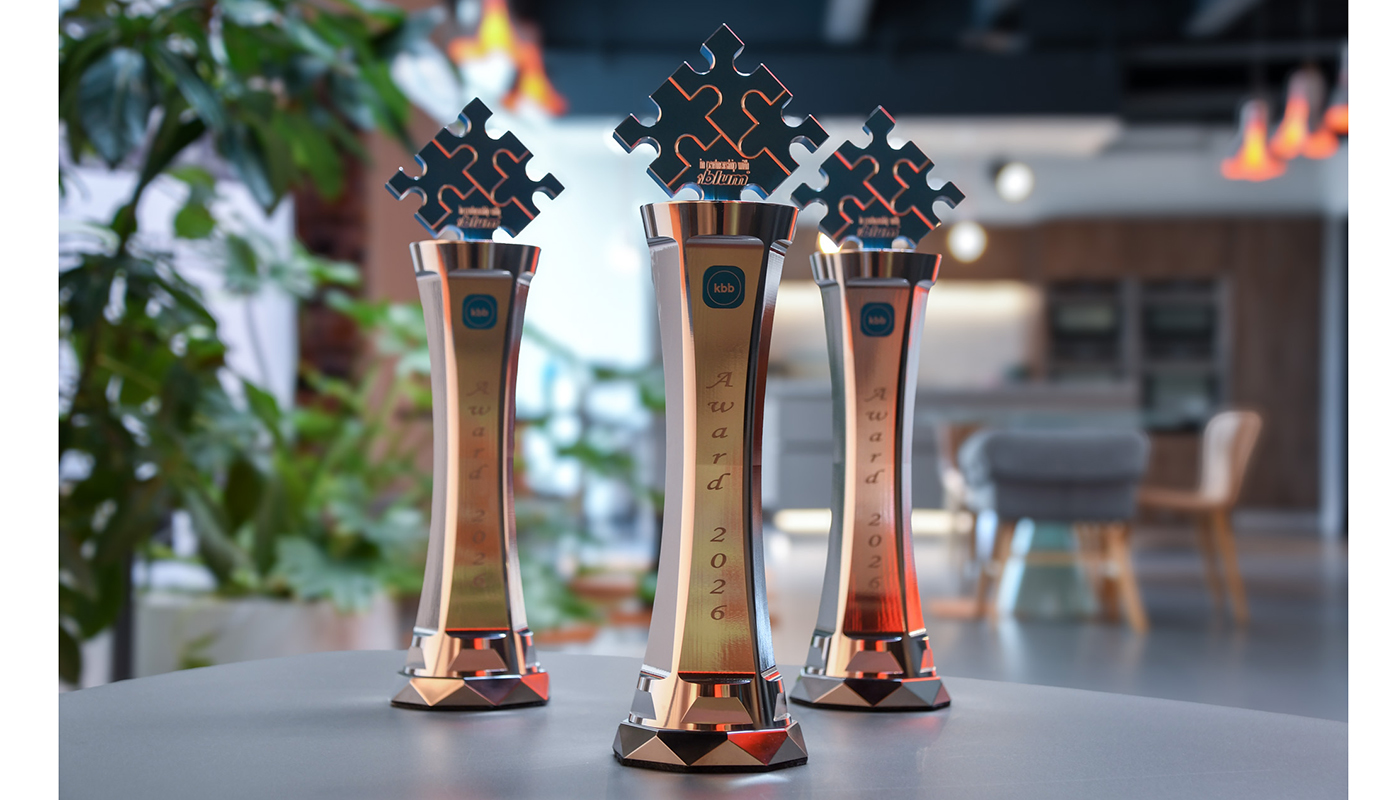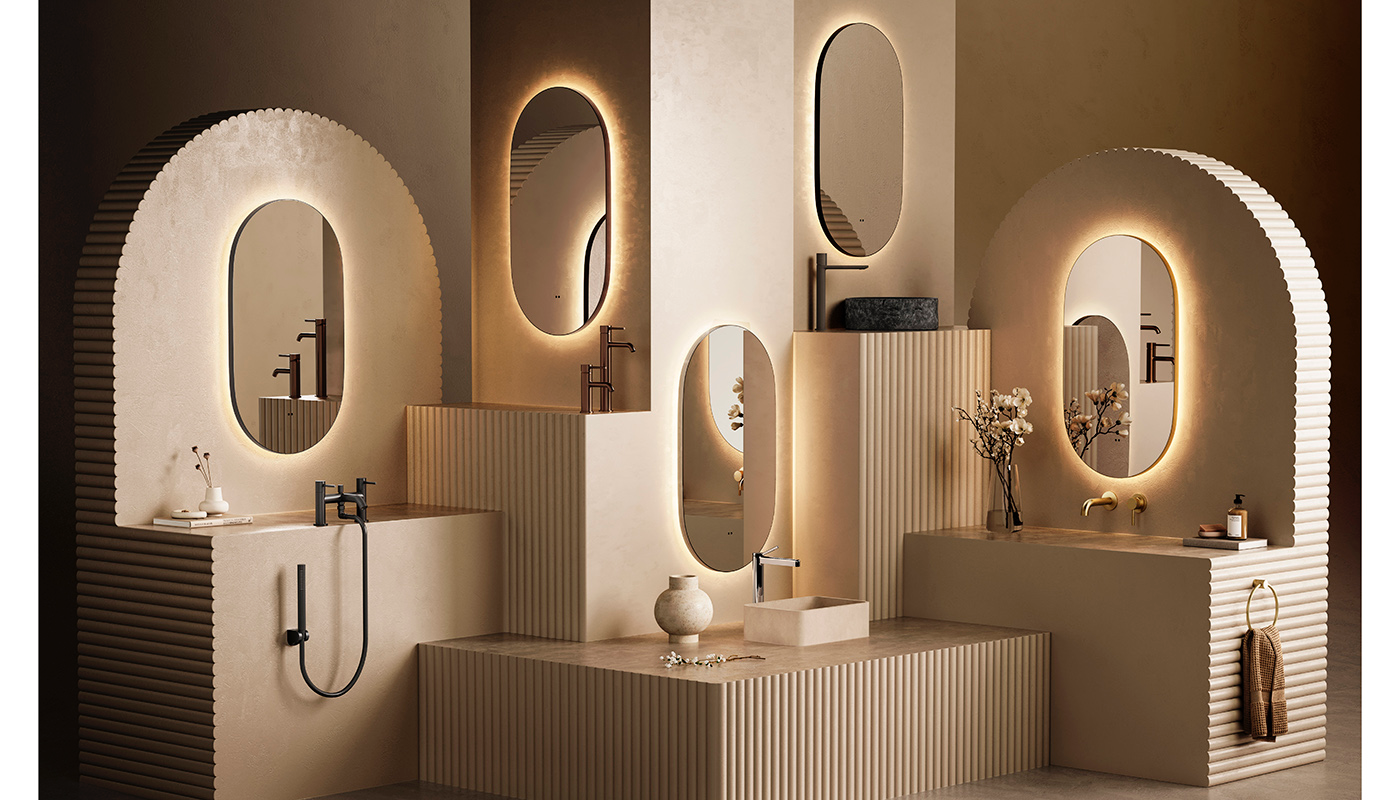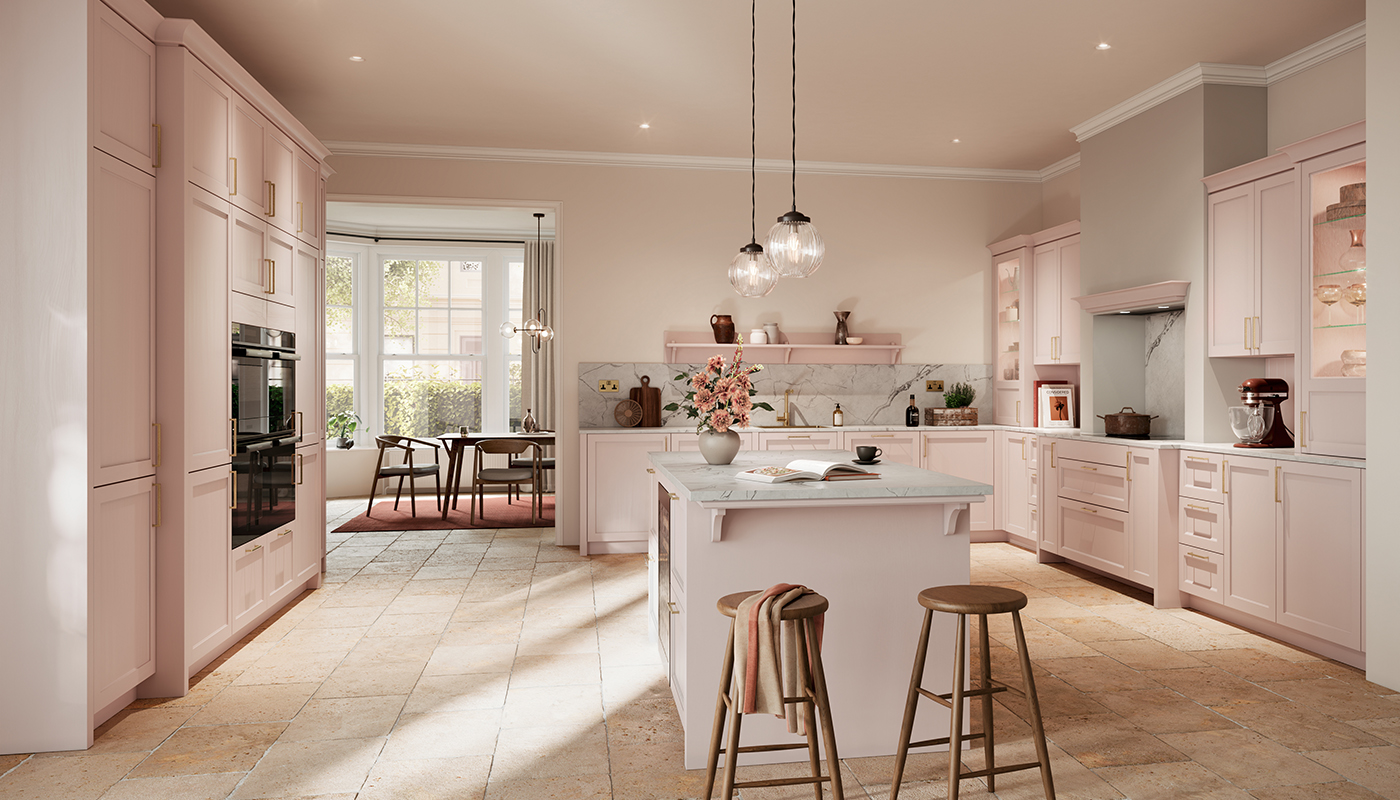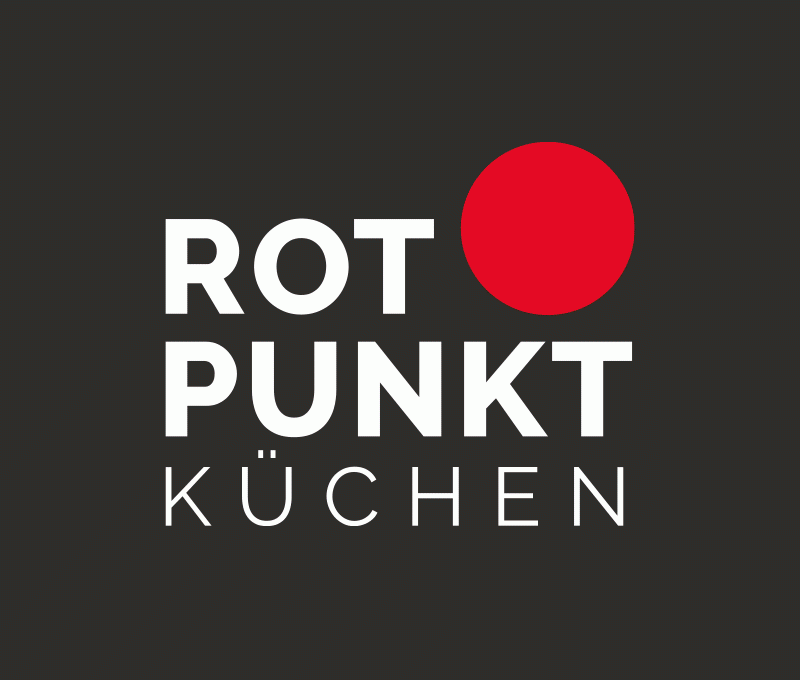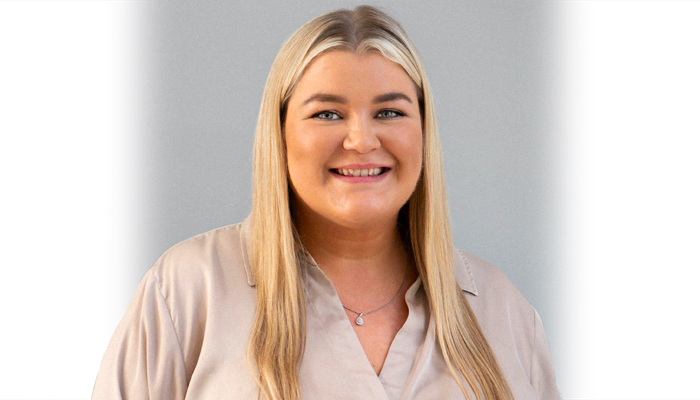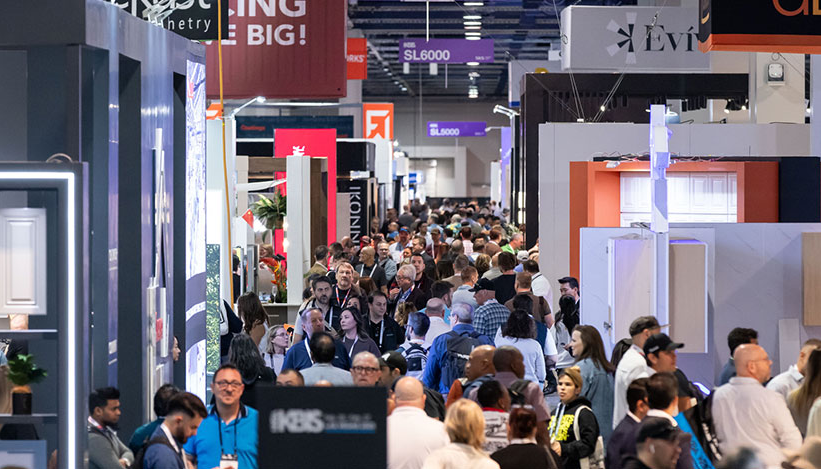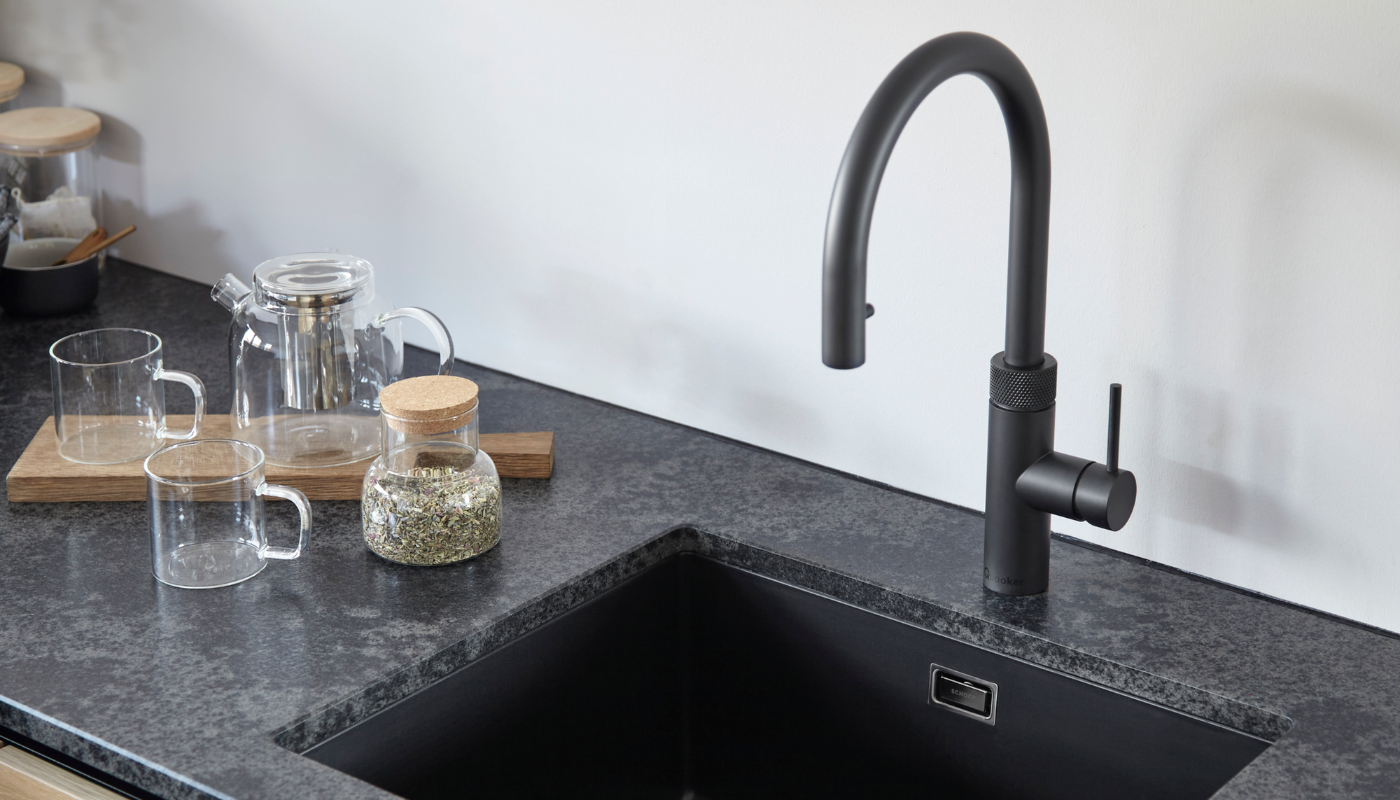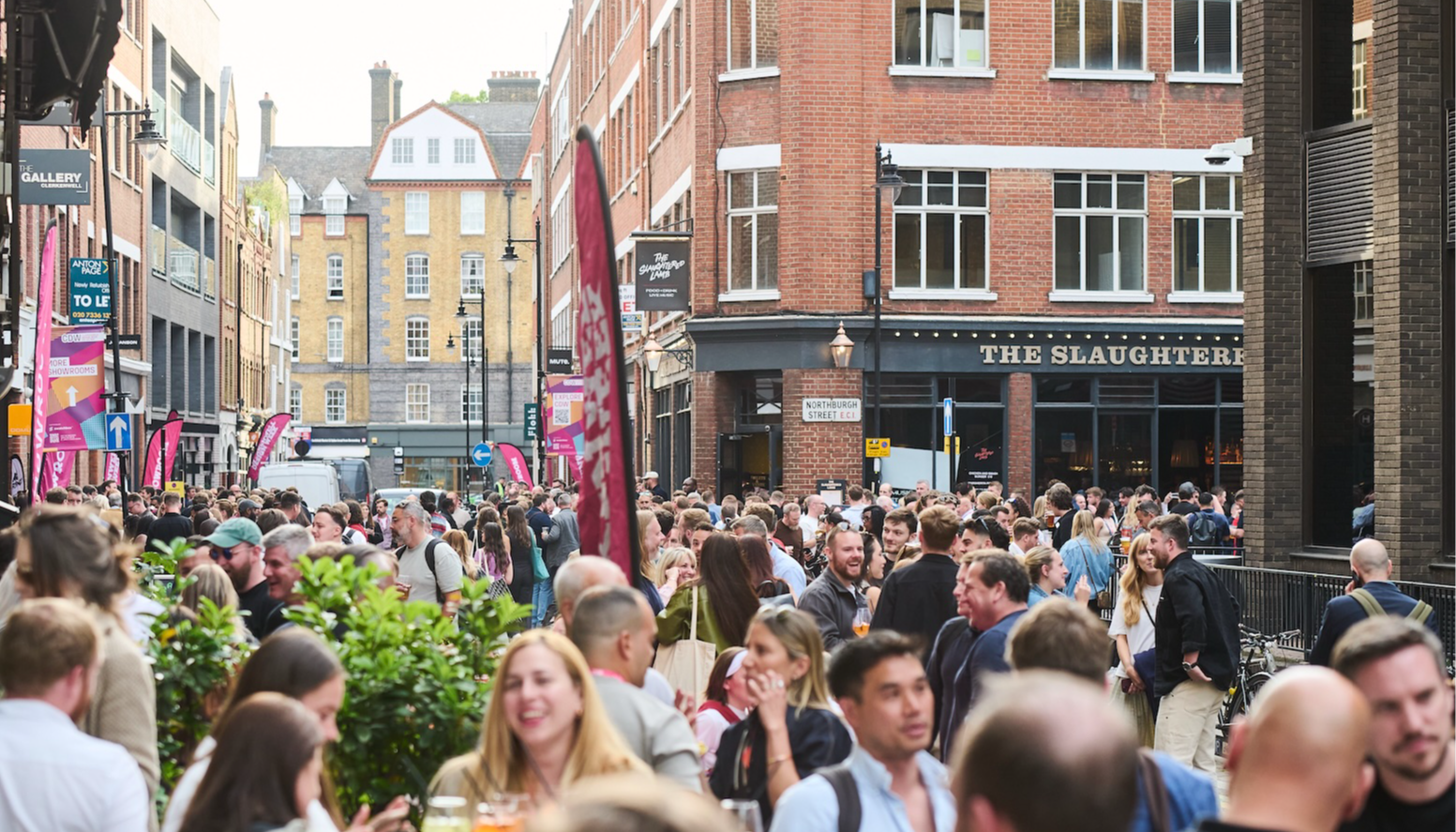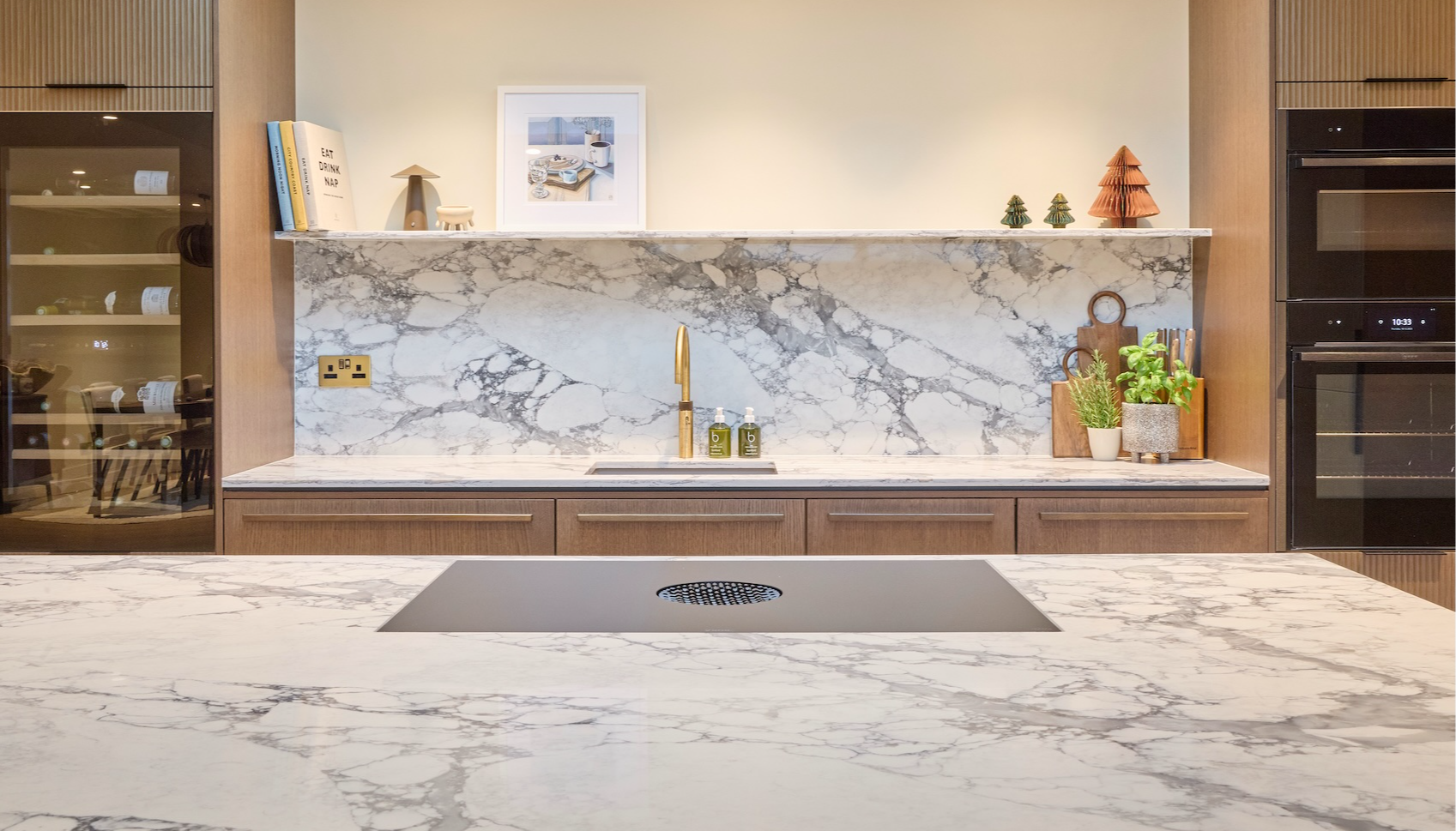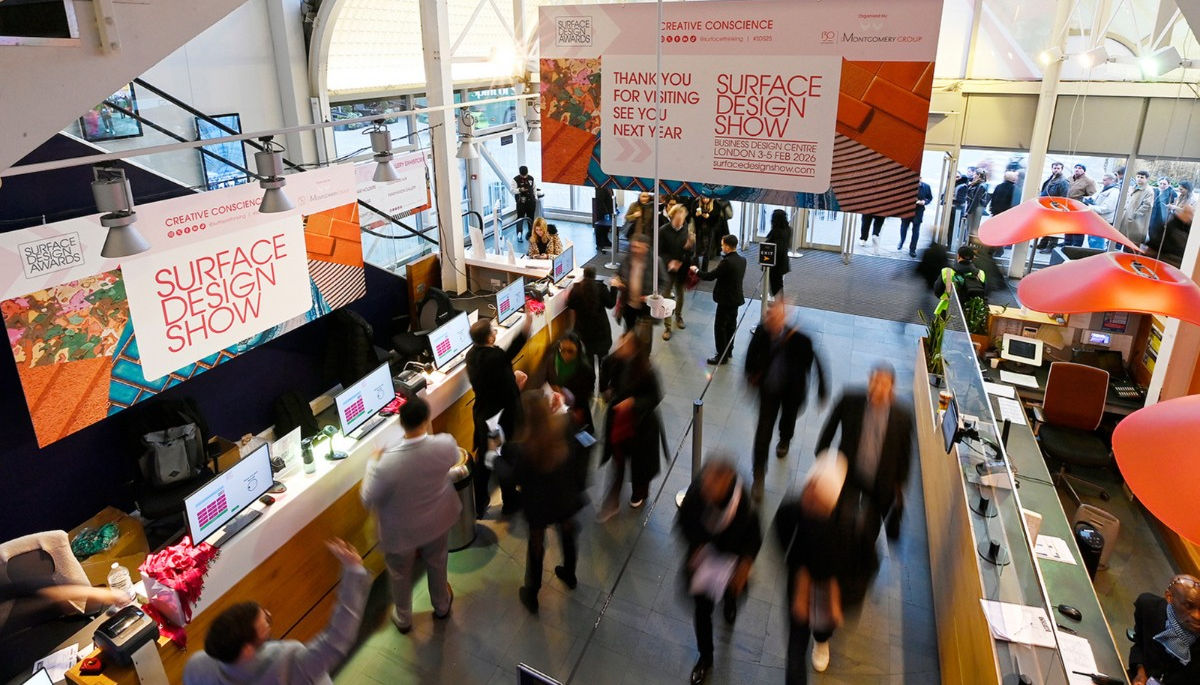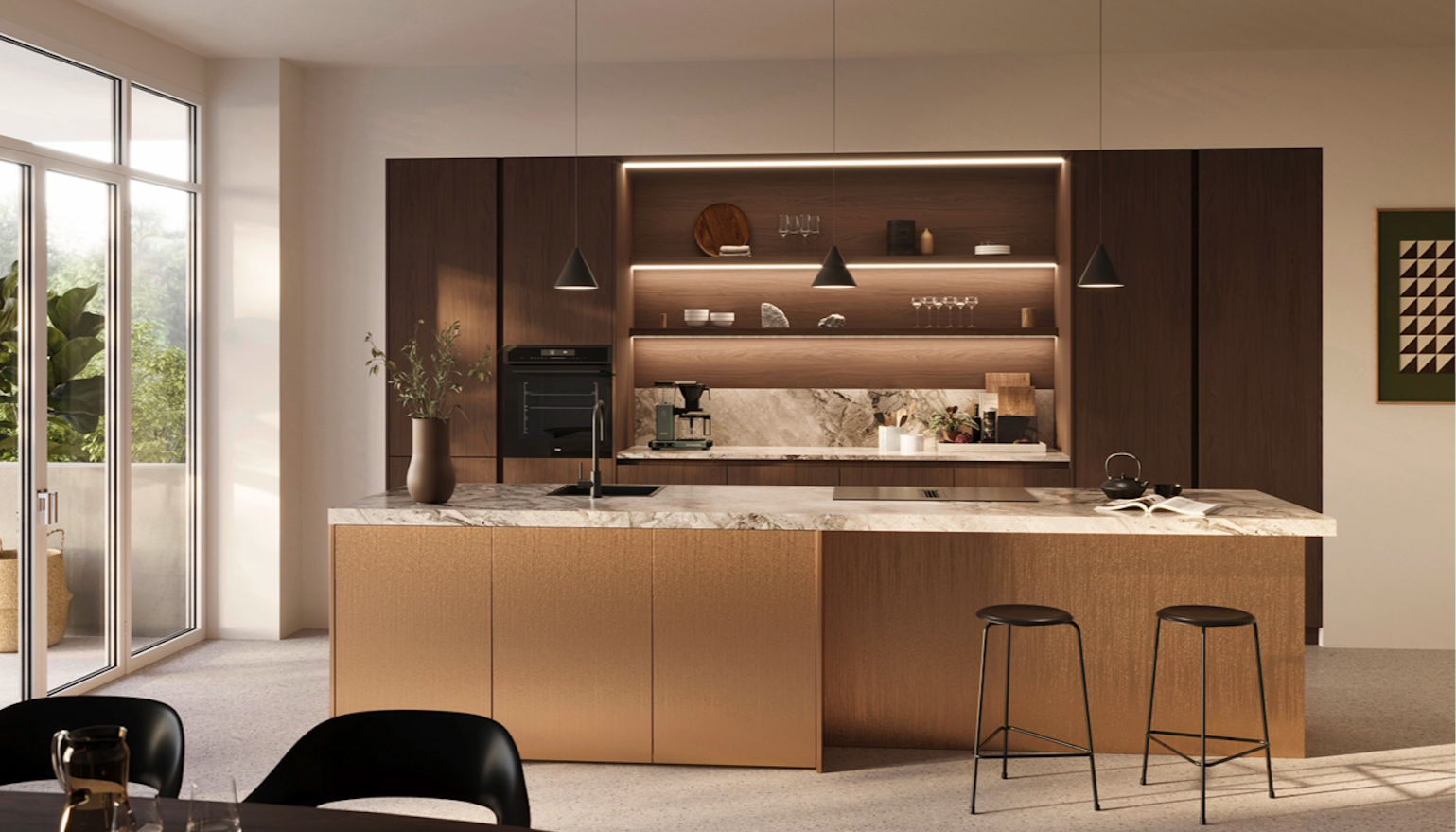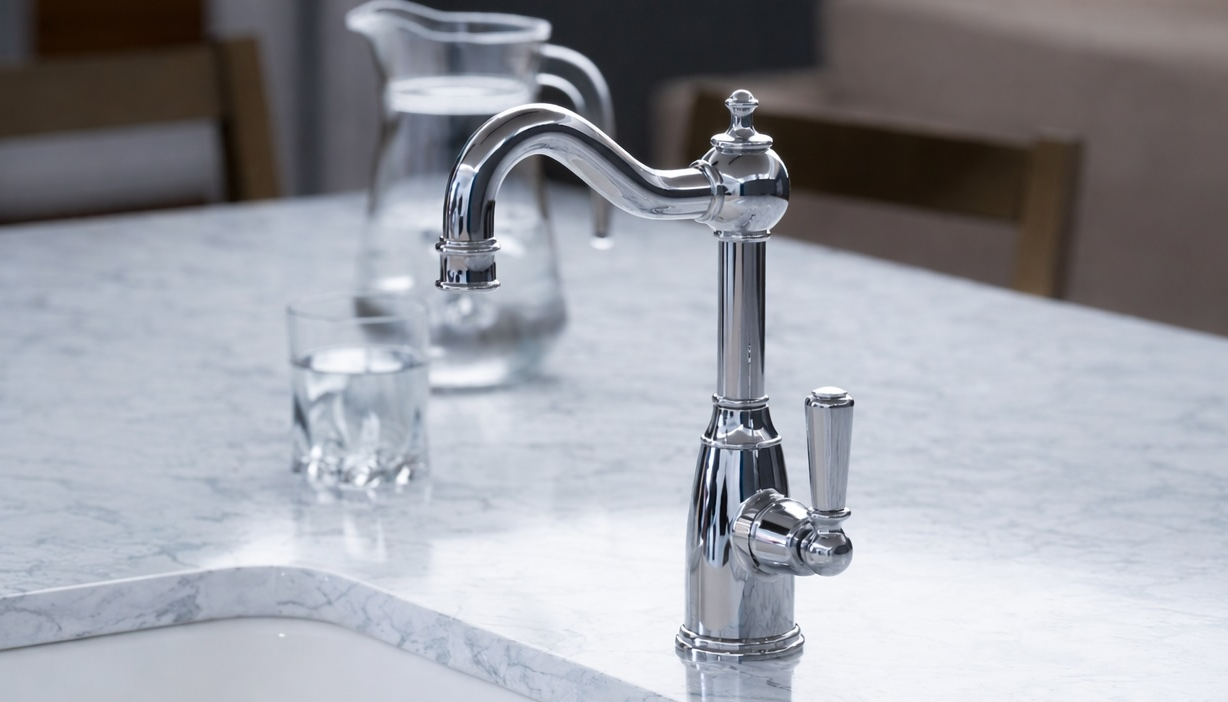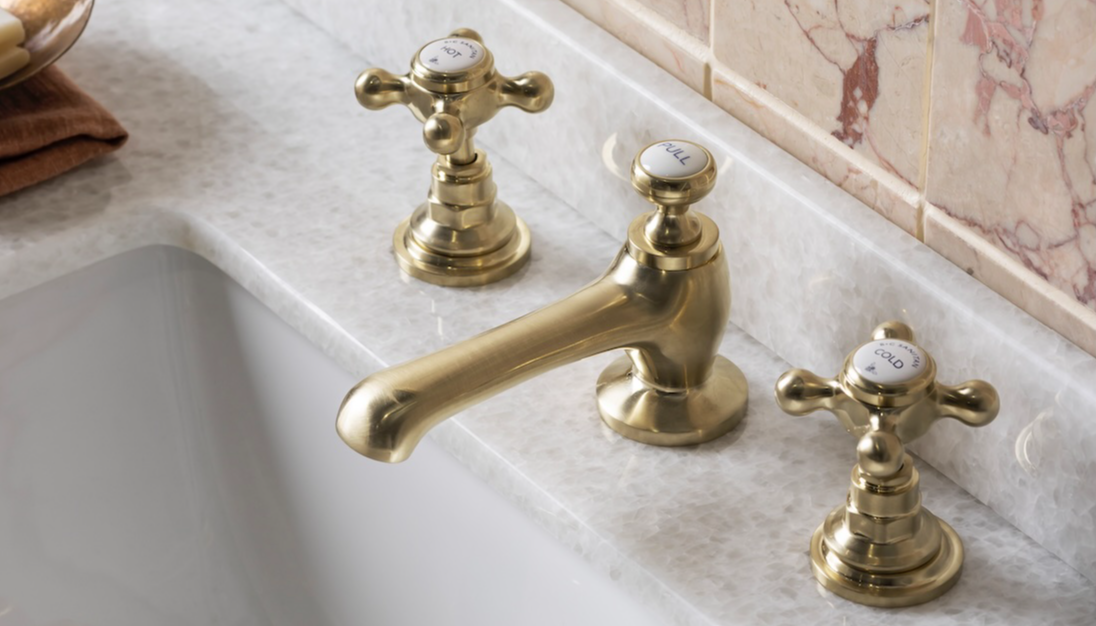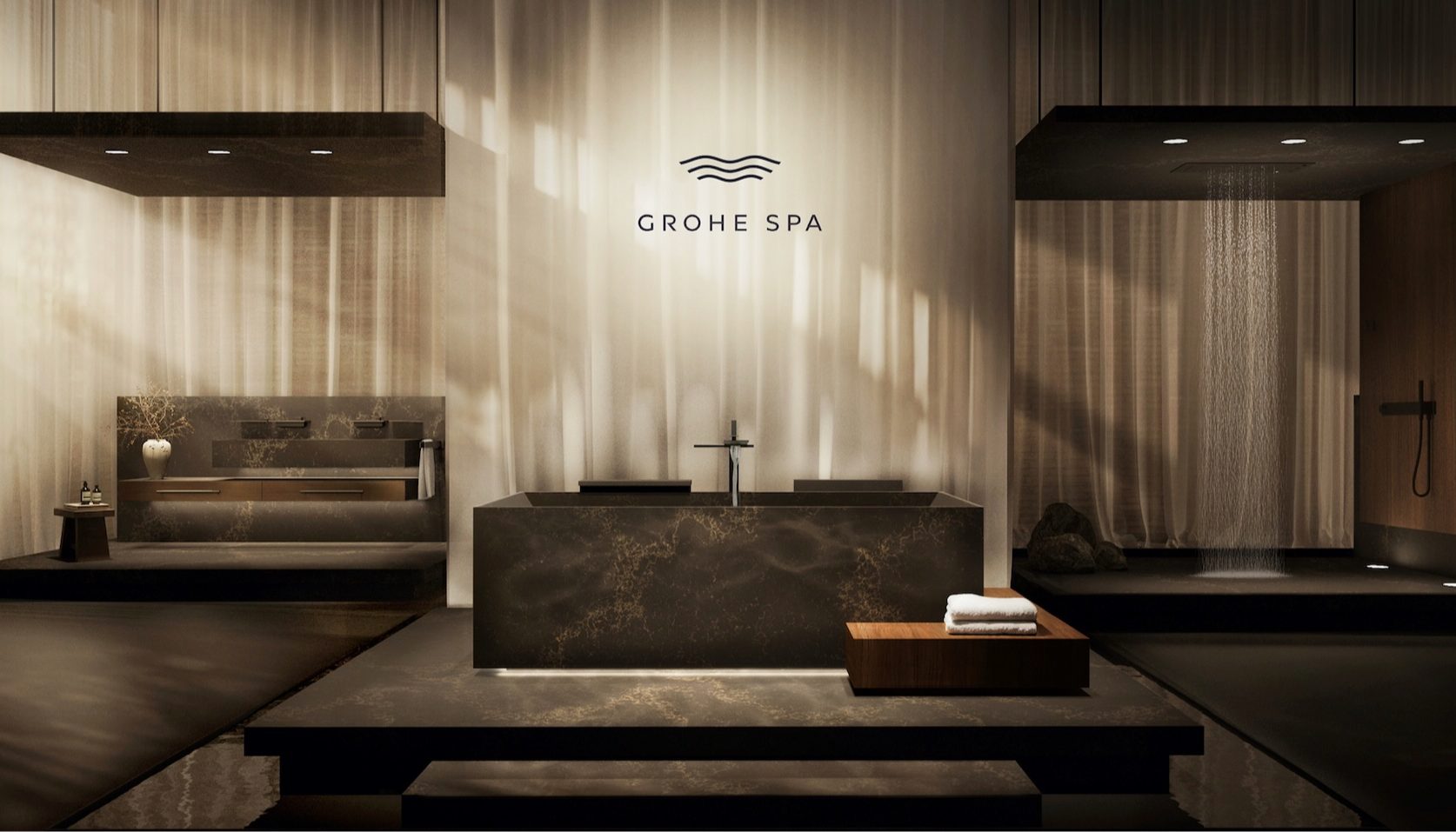Interview: Graham Robinson: 'Lockdown proved you do need a showroom'
Wed 1st Sep 2021 by Tim Wallace

Interview: Graham Robinson: 'Lockdown proved you do need a showroom'
Wigmore Street showroom Halcyon Interiors turned 40 this year. Tim Wallace talks to showroom and design manager Graham Robinson to hear how the business has prospered during the pandemic.
If the high street is dying there’s not much sign of it on London’s Wigmore Street. Take Halcyon Interiors for example – a kitchen specialist currently celebrating its 40th anniversary and using those years of experience to successfully tackle the challenges of COVID.
“We’re all right,” says showroom and design manager Graham Robinson, who’s been with the store for 16 years. “We’re probably 15% up on last year – and amazingly last year was actually up on the year before.”
As phlegmatic as ever, he explains that he’s simply managed the situation and planned as far ahead as possible. And although the store closed during the lockdowns, he and his team of three designers carried on working from home, introducing virtual meetings and presentations and adapting to customer requirements as necessary.
“Because of building delays we’ve got kitchens that should have been fitted and haven’t been, but we can store them,” he says. “You have to be quite flexible but people are coming back into the showroom now. I quite liked working from home but you don’t have all the samples and manuals to hand. Lockdown proved you definitely need a showroom.”
Neighbouring Wigmore Street stores have apparently shown similar resilience: “Siematic have been in and they’re busy and upbeat,” he says. “There’s only one independent showroom that hasn’t reopened in Wigmore Street – they’ve relocated. All the kitchen shops have come back.”
With a turnover of around £2.1m, Halcyon has a second store in Pinner and a warehouse in Watford. And although a luxury store in London’s kitchen capital probably isn’t the best barometer for the wider kitchen market, it is encouraging to hear that COVID hasn’t tightened customer purse strings.
“People are spending more money which is good,” Robinson smiles. “When you get to a certain level – £40,000-£60,000 – they’ve always got the money. At the lower end people are struggling a bit more.”
Where COVID is having more impact, he says, is in encouraging people to actually use their kitchens more than before. “They are cooking more, and thinking more about how they cook,” he explains, “so we’ve done a lot more steam ovens because people have got more time, and sold fewer microwaves.
“They also want a home office within the room, or where their children do their homework. And rather than these vast rooms, people are now wanting them divided with flexible screens or sliding doors. Some are looking for an office in the kitchen that they can then fold away behind pocket doors.”
The store hasn’t been affected by hikes in product prices, he continues, and has also avoided problems with appliance delays. On the furniture side, the focus is on German brands Alno, Eggersmann and Warendorf where delays have again been minimal.
Alno’s recent issues have also apparently been resolved: “They’ve been really good,” Robinson says. “They’ve carried on delivering, they’re efficient with a really good product and the price is good.”
He is also positive on longer-term prospects, with affluent clients now buying up properties in the country while retaining their existing homes back in London. This has led to projects as far afield as the Isle of Wight, Salcombe and Hastings.
Despite the store’s name, Robinson is also keen for Halcyon Interiors to remain a kitchen specialist, saying London neighbour Day True is a template for offering whole-house interiors. He’s also impressed by Charlie Smallbone’s Ledbury studio and the new Boffi showroom in Chelsea – “It looks amazing,” he says.
There are apparently no plans to extend the Halcyon network either: “The key is to drive people to the ones we’ve got,” he says. “Generally, retailers have done that – they haven’t expanded, they’ve got fewer showrooms. If it’s a good brand clients will travel.”
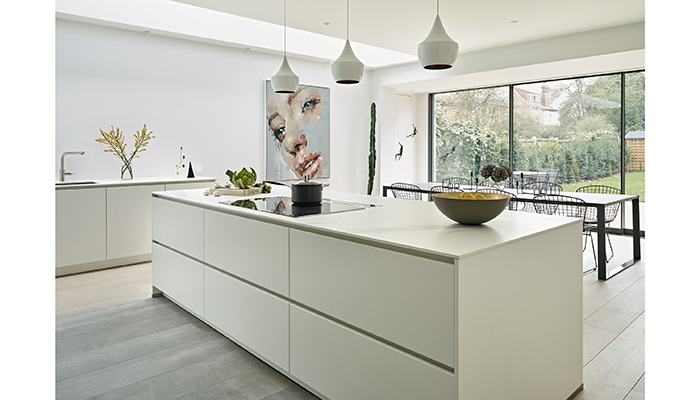
Tags: interview, features, graham robinson, halcyon interiors, alno, eggersmann, kitchens





